
Patients with advanced prostate cancer benefitted from relugolix vs leuprolide regardless of baseline testosterone level.

Your AI-Trained Oncology Knowledge Connection!


Hayley Virgil is a senior editor with CancerNetwork. When she isn't traveling to conferences and championing health equity in the oncology space, she can be found hiking, foraging wild plants, gardening, sewing ballgowns, practicing embroidery, or playing video games.

Patients with advanced prostate cancer benefitted from relugolix vs leuprolide regardless of baseline testosterone level.

From shortening treatment duration without compromising efficacy in breast and prostate cancer to improving quality of life, experts share the main takeaways from the 2022 ASTRO Annual Meeting.
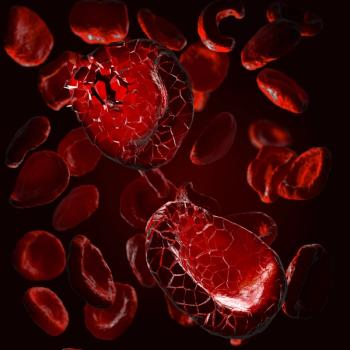
Real-world data show effective outcomes following ibrutinib and rituximab treatment in patients with relapsed/refractory mantle cell lymphoma with bone marrow involvement.

The FDA recommended that the marketing application for belantamab mafodotin-blmf for patients with previously treated relapsed/refractory multiple myeloma be withdrawn after determining that findings did not meet the requirements for accelerated approval.

Patients with relapsed/refractory large B-cell lymphoma may benefit from epcoritamab, which received priority review from the FDA.

The FDA’s decision to grant KVA12123 an investigational new drug application now allows its manufacturer, Kineta, to begin a clinical trial assessing its safety and efficacy across several solid tumors.

Patients with previously untreated high-risk pediatric lymphoma can now receive treatment with brentuximab vedotin with the FDA’s nod of approval.
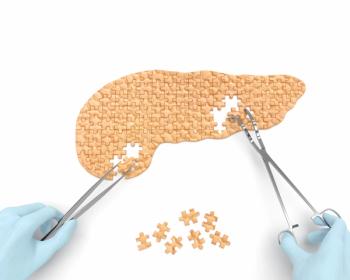
Patients with metastatic pancreatic ductal adenocarcinoma—the most common type of pancreatic cancer—may benefit from treatment with irinotecan liposome injection in combination with fluorouracil/leucovorin and oxaliplatin, according to findings from the phase 3 NAPOLI3 trial.

In a new set of guidelines by the American Society for Radiation Oncology for the treatment of adjuvant endometrial cancer, experts noted that molecular characterization data should be considered when making recommendations.

Investigators indicated that patients with soft tissue sarcomas should be counseled on receiving moderately hypofractionated radiotherapy vs conventionally fractionated radiotherapy, especially if it results in care at a sarcoma specialty center.
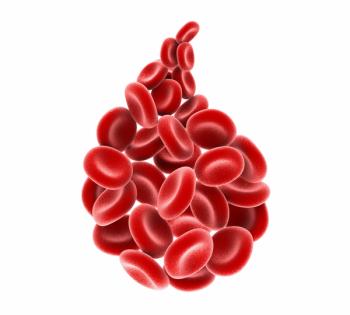
Patients with relapsed/refractory multiple myeloma may benefit from treatment with elranatamab, which was granted breakthrough therapy designation by the FDA.

Members of the FDA’s Oncologic Drugs Advisory Committee indicated there isn’t enough evidence to definitively confirm the overall survival benefit of 131I-omburtamab in pediatric patients with central nervous system or leptomeningeal metastases stemming from neuroblastoma.
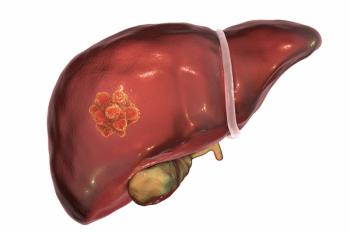
Patients with hepatocellular carcinoma may benefit from treatment with OTX-2002, a first-in-class epigenomic controller designed to downregulate c-Myc that recently received orphan drug designation from the FDA

Patients with histiocytic neoplasms can now receive treatment with cobimetinib following its approval by the FDA.

Patients with relapsed/refractory large B-cell lymphoma may benefit from epcoritamab, the biologics license applications of which were submitted to the FDA.

The addition of capivasertib to fulvestrant resulted in a statistically significant and clinically meaningful improvement in progression-free survival for patients with hormone receptor–positive, HER2-low-or -negative locally advanced or metastatic breast cancer.

Patients with CD5-positive relapsed/refractory peripheral T-cell lymphoma may derive benefit from MT-101, which was granted fast track designation by the FDA.

Patients with advanced solid malignancies may benefit from treatment with next-generation tissue factor–targeting antibody-drug conjugate XB002.

Patients with gastroenteropancreatic neuroendocrine tumors may benefit from treatment with radionucleotide therapeutic 177Lu-edotreotide, which received fast track designation from the FDA.

Data from the phase 3 CALLA trial indicated that multidisciplinary collaboration and a good quality control strategy are key to providing optimal chemoradiotherapy delivery in locally advanced cervical cancer.

After a median of 50 months of follow-up, palbociclib plus adjuvant endocrine therapy did not improve invasive disease-free survival in a subgroup of patients with stage IIA estrogen receptor–positive breast cancer

Ritu Salani, MD, highlights key data from the 2022 ESMO Congress, including those surrounding PARP inhibitor maintenance in advanced ovarian cancer and the latest developments in immunotherapeutics for endometrial and cervical cancer.

In a conversation during Hispanic Heritage Month, Ruben Mesa, MD, highlights factors that may contribute to disparities in clinical trial enrollment of Hispanic and Latinx patients with cancer and strategies that may encourage study participation.

CancerNetwork® sat down with Ruben Mesa, MD, to discuss the disparities present in Hispanic and Latinx patients with cancer.
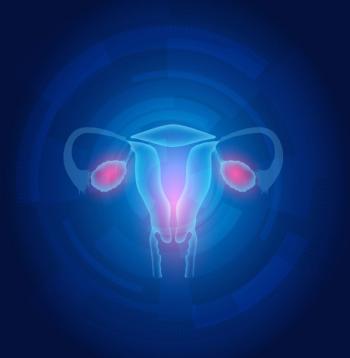
Patients with mismatch repair deficient, microsatellite instability–high advanced/recurrent endometrial cancer may derive benefit from treatment with dostarlimab-gxly.

FORE8394, which received fast track designation by the FDA, is under ongoing evaluation in a phase 1/2a trial in patients with advanced solid and central nervous system tumors harboring BRAF alterations.

A new drug application for 18F-rhPSMA-7.3 was accepted by the FDA to help with diagnostic imaging in prostate cancer.

Patients with locally advanced or metastatic ESR1-mutant, estrogen receptor–positive, HER2-negative breast cancer who have progressed on a CDK4/6 inhibitor may benefit from treatment with lasofoxifene and abemaciclib.

An 8-to-4 vote was cast by the FDA’s Oncologic Drugs Advisory Committee against the use of duvelisib in previously treated chronic lymphocytic leukemia and small lymphocytic leukemia.

The FDA’s Oncologic Drugs Advisory Committee voted against poziotinib as a treatment for patients with HER2 exon 20 insertion–mutated non–small cell lung cancer.